The Ministry of Industry and Trade is the focal agency implementing the Project to respond to the СВАМ Mechanism.
The Government Office has just issued Notice No. 6082/VPCP-NN to the Ministries of Industry and Trade, Natural Resources and Environment, Public Security, Justice, Finance, Planning and Investment, Transport, Agriculture and Rural Development, Foreign Affairs and the State Bank of Vietnam on the implementation of tasks related to the European Union's Carbon Border Adjustment Mechanism (CBAM). In this notice, the Government assigned the Ministry of Industry and Trade to be the focal agency, presiding over and coordinating with relevant ministries, branches and agencies to develop and implement effective measures to respond to the CBAM Mechanism, including developing and implementing a Project to respond to the СВАМ Mechanism.
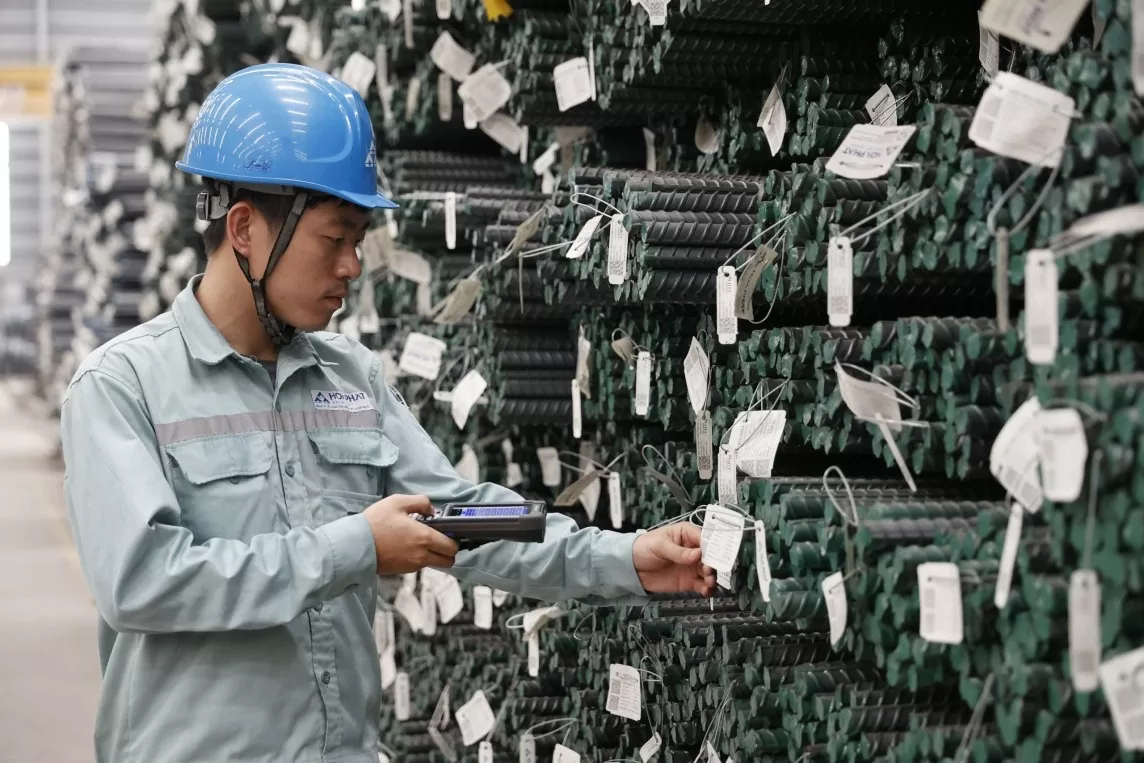 |
| Domestic steel manufacturing enterprises are forced to transform production towards “greening” to improve competitiveness. Photo: Hoa Phat Steel |
The Government also assigned the Ministry of Industry and Trade to preside over and coordinate with the Ministry of Foreign Affairs to study experiences on response solutions of countries affected by CBAM, such as Indonesia, South Africa, Colombia, etc. Strengthen consultation and coordinate stances with countries that are and will be affected by CBAM in bilateral and multilateral frameworks such as WTO, ASEAN, etc.
In addition, the Ministry of Industry and Trade is also responsible for presiding over and coordinating with the Ministry of Natural Resources and Environment and relevant ministries and sectors to implement activities in the group of solutions on dissemination and propaganda, such as organizing training courses for agencies, organizations, associations and enterprises... on CBAM. Including conducting greenhouse gas inventories in accordance with the requirements of this mechanism. The allocation of state budget funds to implement these activities is carried out in accordance with the provisions of the State Budget Law and guiding documents.
Preside over and coordinate with relevant ministries, branches, and industry associations to implement activities in the group of solutions to support businesses to adapt to the requirements of CBAM. Preside over and coordinate with the Ministry of Public Security and relevant ministries and branches to evaluate and appraise foreign cooperation programs and projects related to CBAM.
This mechanism is currently one of two challenges that Vietnamese steel enterprises are facing, in addition to the barrier from the self-defense measure on steel products imported from Vietnam to the EU, which expires on June 30, 2026.
Commenting on this issue, Mr. Pham Cong Thao, Deputy General Director of Vietnam Steel Corporation (VNSteel) commented: “Currently, this mechanism is in phase 1 (October 1, 2023 - December 31, 2025) when exporting enterprises, including steel enterprises, must declare their emission levels. However, in the coming time, when the CBAM mechanism enters the next phases, steel enterprises, including Vietnam, will be required to purchase CBAM emission certificates from 2026, which will increase costs and make it difficult to compete in terms of value if enterprises do not plan to reduce carbon emissions in production. ”
In addition, procedures and mechanisms related to emission information declaration from exporters can also become technical and trade barriers to this market.
According to estimates by the World Trade Organization (WTO), the steel sector is likely to see a 4% drop in export value under the impact of CBAM. The decrease in demand will lead to a 0.8% drop in output along with adverse impacts on market competitiveness.
“ Currently, this mechanism is in phase 1 when exporting enterprises, including steel enterprises, must declare their emission levels. However, in the future, when the CBAM mechanism enters the next phases, steel enterprises, including Vietnam, will be required to purchase CBAM emission certificates from 2026, which will increase costs and make it difficult to compete in terms of value if enterprises do not plan to reduce carbon emissions in production, ” Mr. Pham Cong Thao pointed out.
Removing long-term "bottlenecks" for the steel industry
It is known that from the beginning of 2024, steel exports to the EU will have to comply with a number of new regulations, including safeguard measures on imported steel as well as preparations to apply the carbon border adjustment mechanism (CBAM), which are major challenges that the steel industry must overcome when exporting to this market.
In addition, competition in domestic finished steel prices in 2024 has become increasingly fierce in recent years as well as in the coming years due to the production capacity of many products far exceeding domestic demand; in addition, the domestic market is also under greater pressure from imported steel, especially steel originating from China and ASEAN.
In addition, in the context of the general difficulties of the global economy, Vietnam's steel export market also faces the challenge of being narrowed, leading to the consequence that businesses that cannot export will return to increase sales in the domestic market, making the competitive pressure increasingly greater.
Many experts believe that the impact of CBAM on Vietnam's steel exports to the EU market is clearly a significant challenge in the short and medium term. However, in the long term, along with the transition to a green economy, the development of green energy and green production, this is an opportunity for Vietnamese steel enterprises to improve product quality, meet international standards and develop sustainably.
In addition to proposing that the Government continue to have policies to support businesses in trade defense to limit cheap, poor-quality steel affecting the domestic market, businesses and consumers, the Vietnam Steel Association recommends that the Government should have measures and financial support to encourage steel manufacturers to upgrade production techniques to reduce energy consumption and carbon emissions, and gradually eliminate outdated production capacity.
From the perspective of state management of the steel sector, under the impact of technical barriers and CBAM mechanisms when exporting steel to the EU, Mr. Do Nam Binh, Head of the Department of Minerals and Metallurgy, Department of Industry (Ministry of Industry and Trade) recommends that steel enterprises need to continue to comply with legal regulations such as the Law on Environmental Protection, Decree 06/2022/ND-CP, Decision 01/2022/QD-TTg, National Strategy on Climate Change... and Vietnam's commitments at COP26.
Currently, the EU is one of the top export markets for the Vietnamese steel industry. According to the assessment, if Vietnamese steel enterprises do not respond well to CBAM, exports to the EU will be affected, and there is a greater risk of losing many other markets when these countries are considering applying regulations similar to CBAM.
Therefore, Mr. Binh recommends that domestic steel production enterprises must convert production towards "greening" to improve competitiveness.
On the other hand, enterprises need to optimize technology, save energy, digitally transform, apply carbon emission reduction technology to generate residual heat, and at the same time, announce product quality standards according to the provisions of law on goods quality management, unify the import-export commodity code management system (HS Code) with the import-export management agency to be ready to implement CBAM.
The CBAM mechanism is a policy under the European Green Deal, the EU's new growth strategy to build a fair and prosperous society, promoting industries to develop on the basis of a clean and sustainable economy. The CBAM is considered an environmental trade policy that includes carbon taxes on imported goods entering the EU market based on the greenhouse gas emission intensity of the production process in the host country. |
Source: https://congthuong.vn/tang-cuong-trien-khai-co-che-cbam-nganh-thep-thich-ung-de-xuat-khau-ben-vung-342038.html


![[Photo] President Luong Cuong presents the decision to appoint Deputy Head of the Office of the President](https://vphoto.vietnam.vn/thumb/1200x675/vietnam/resource/IMAGE/2025/5/8/501f8ee192f3476ab9f7579c57b423ad)
![[Photo] General Secretary concludes visit to Azerbaijan, departs for visit to Russian Federation](https://vphoto.vietnam.vn/thumb/1200x675/vietnam/resource/IMAGE/2025/5/8/7a135ad280314b66917ad278ce0e26fa)

![[Photo] General Secretary To Lam begins official visit to Russia and attends the 80th Anniversary of Victory over Fascism](https://vphoto.vietnam.vn/thumb/1200x675/vietnam/resource/IMAGE/2025/5/8/5d2566d7f67d4a1e9b88bc677831ec9d)
![[Photo] Prime Minister Pham Minh Chinh meets with the Policy Advisory Council on Private Economic Development](https://vphoto.vietnam.vn/thumb/1200x675/vietnam/resource/IMAGE/2025/5/8/387da60b85cc489ab2aed8442fc3b14a)
![[Photo] National Assembly Chairman Tran Thanh Man chairs the meeting of the Subcommittee on Documents of the First National Assembly Party Congress](https://vphoto.vietnam.vn/thumb/1200x675/vietnam/resource/IMAGE/2025/5/8/72b19a73d94a4affab411fd8c87f4f8d)
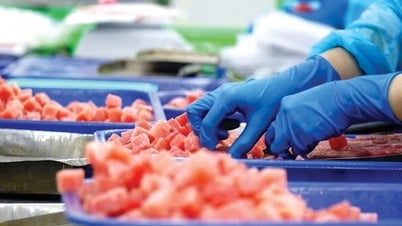
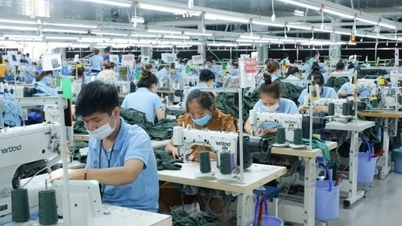





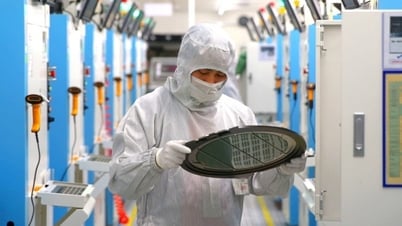
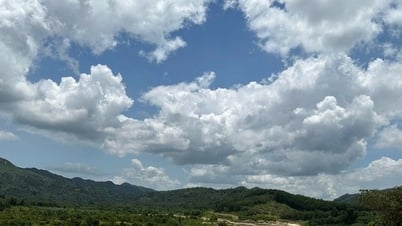
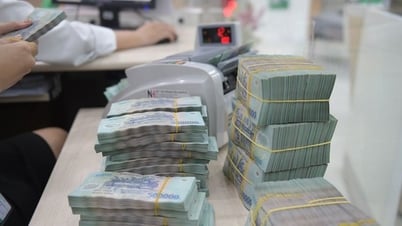

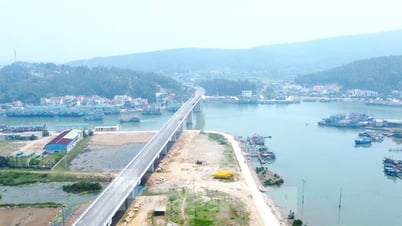





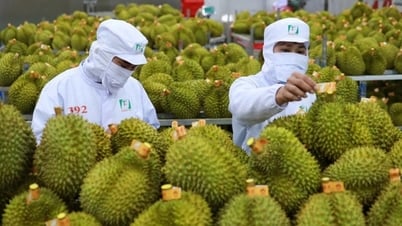
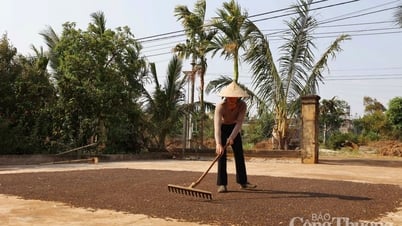
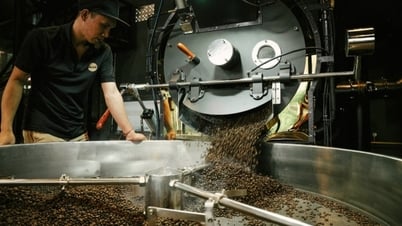
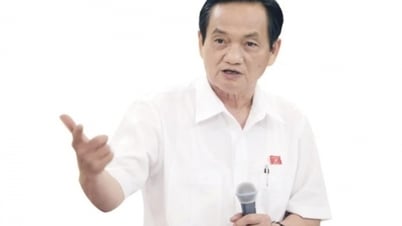
































![[Photo] Prime Minister Pham Minh Chinh talks on the phone with Singaporean Prime Minister Lawrence Wong](https://vphoto.vietnam.vn/thumb/402x226/vietnam/resource/IMAGE/2025/5/8/e2eab082d9bc4fc4a360b28fa0ab94de)


































Comment (0)